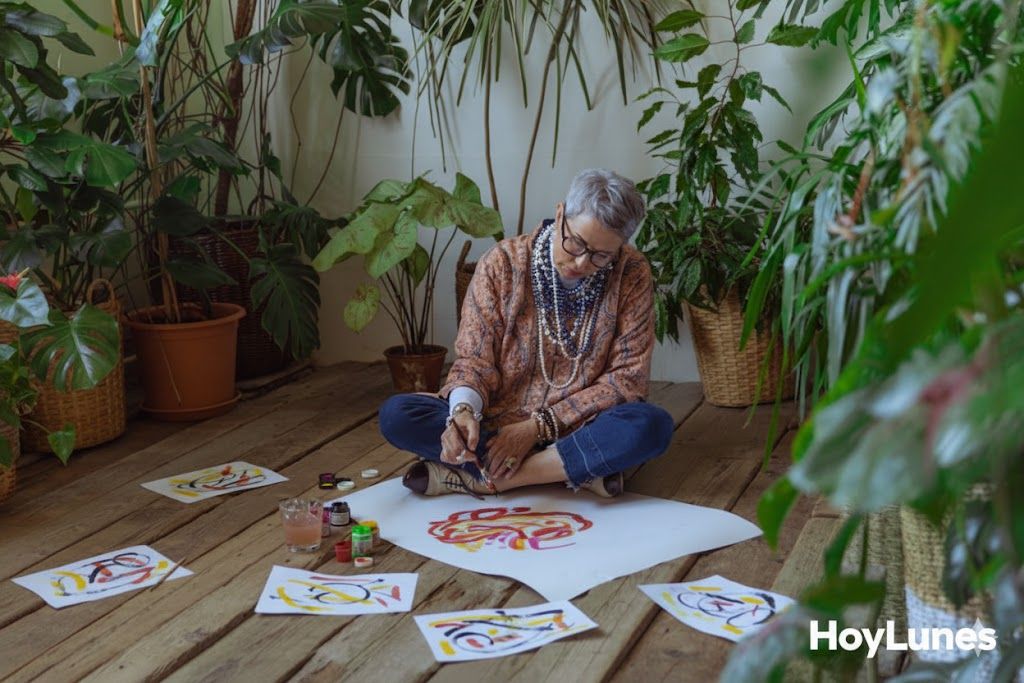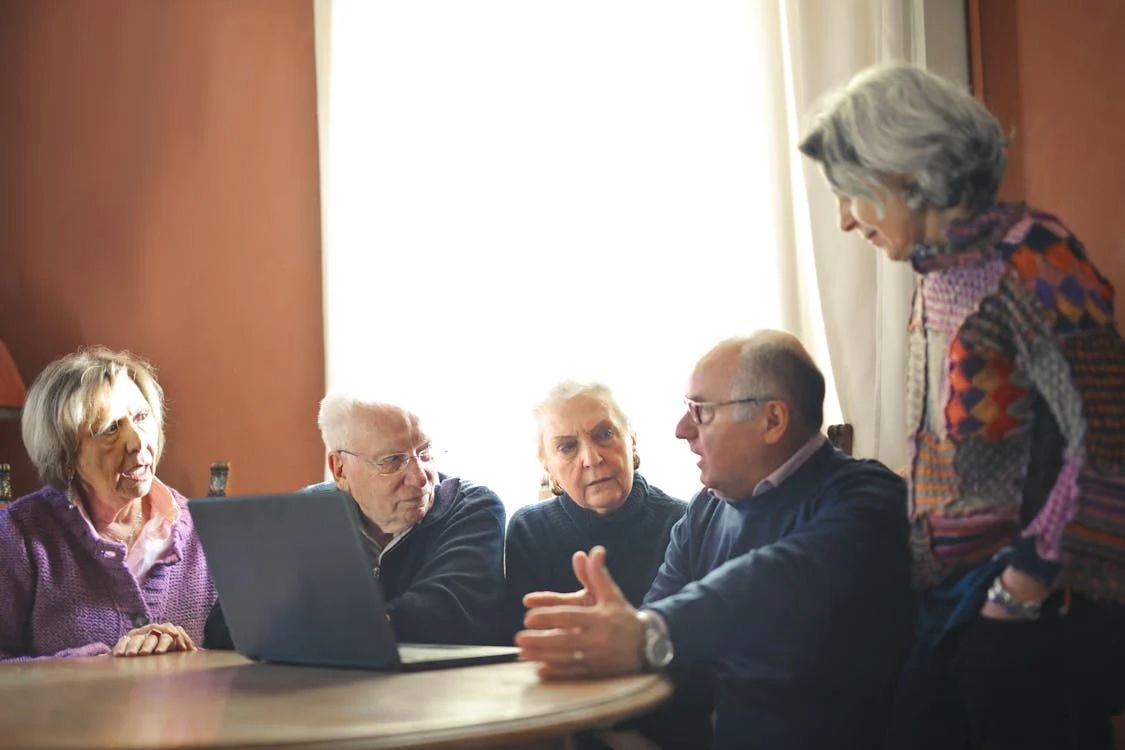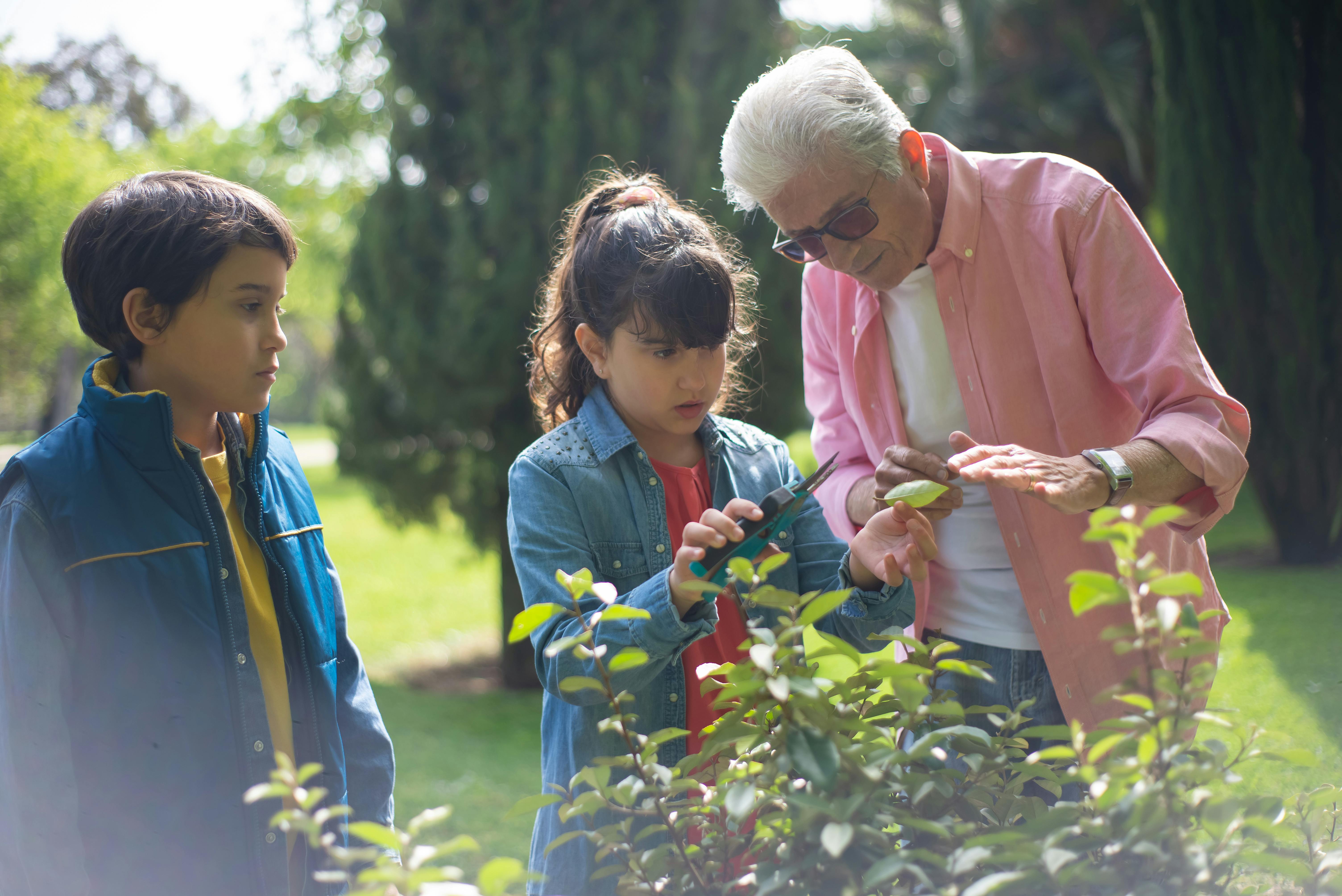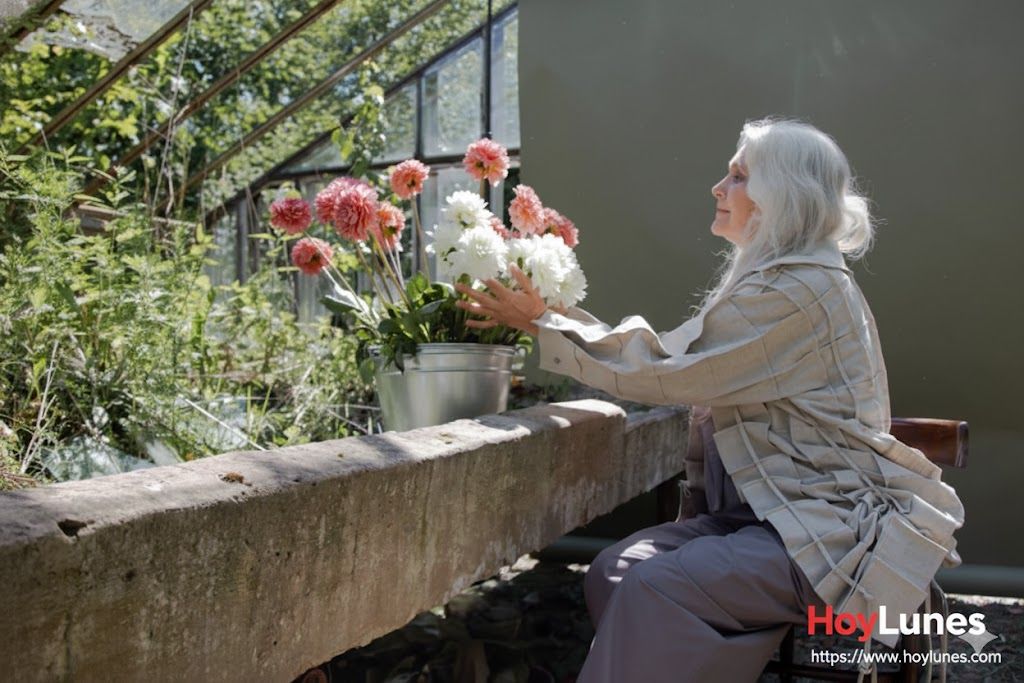Beyond the years and the wrinkles, aging involves an attitude. Old age does not begin with age itself, but with the renunciation of projects. Keeping the mind active, creating, and learning are the keys to a long and fulfilling life.
By Ana Rosa Rodríguez
HoyLunes – It is common for people to experience a series of physical, cognitive, mental, and social changes over the years that may be unfavorable to their overall health. Although these changes are part of the aging process, they can be managed through early intervention and proper care.
Becoming aware of these changes—especially those related to cognition and mental health—can help prevent vulnerability to certain disorders in elderly individuals.
The World Health Organization (WHO) does not establish a universal fixed age to define old age, since aging is a process that varies according to the social, economic, and health context of each country. However, in general terms, old age is considered to begin at 60 years of age.
It is important to highlight that the WHO promotes the concept of “active aging”, which focuses on optimizing opportunities for physical, social, and mental well-being throughout life so that people can live with good quality of life and in good health during their later years.

Among the situations that may accelerate the deterioration of quality of life in people over 60 are leading a sedentary lifestyle, exposure to loneliness or isolation, and a manifest denial or resistance to the reality of aging.
Today, many people associate old age with loneliness, poverty, and illness—especially when life changes such as separation from children, retirement, the loss or distancing of friends and family, limited mobility, and alterations in sleep cycles are not managed properly. These factors can make older adults increasingly vulnerable.
A proactive guideline to comprehensive care in old age can have a positive impact and make a significant difference.
The Chilean psychologist “Pilar Sordo“, known for her outreach work and self-help books, has addressed the topic of aging and old age in her book “I Don’t Want to Grow Old” (No quiero envejecer), published in 2014.
Although her work is not presented as a rigorous academic study, it is the result of field research based on her experience in clinical and social psychology. The key point of her findings lies in the idea that old age is not defined by chronological age, but by a change in mindset.
From her conclusions, she popularized the expression: “One ages poorly when memories outnumber projects”.
Through this concept, the author emphasizes the importance of maintaining a proactive attitude—continuing to create and plan for the future instead of remaining anchored to memories of the past.

Studies on neuroplasticity—the brain’s ability to reorganize its neural connections throughout life in response to new experiences and learning—show that sedentarism and the cessation of mental challenges trigger maladaptive mental and cerebral processes.
This means that instead of creating new neural networks, the brain stagnates, blocks itself, and deteriorates.
Although recalling past memories can be a beneficial exercise that activates neurons and stimulates brain function, living anchored in the past without creating new goals or experiences negatively affects mental flexibility and progressively damages brain cells.
The brain is designed to adapt and to process new information. Therefore, when experiences and mental functions remain fixed in the past, the ability to adapt atrophies. If neural networks are not stimulated by new challenges, they lose strength, accelerating brain aging and increasing vulnerability to neurodegenerative diseases.
Setting new, simple, and achievable goals in daily life, having projects, and generating new ideas in old age not only improves emotional well-being but also concretely stimulates the brain, encouraging flexible thinking and openness to new experiences.
This counteracts the harmful effects of aging on mental health and overall living conditions.
A project in old age does not necessarily have to be a large undertaking; it can be any creative activity carried out with discipline and purpose that involves learning something new, facing a challenge, or pursuing a meaningful goal.
A highly recommended plan is to develop a form of volunteering, mentoring, advising, or consulting, where there is an exchange of talents and knowledge within the community. This not only stimulates brain activity but also boosts self-esteem and a sense of belonging—essential elements for achieving longevity and fulfillment.
When psychologist and researcher “Pilar Sordo” refers to projects surpassing memories, she implicitly means that when a person undertakes a project, both mind and body are set in motion—unlike memories, which require inactivity, since recollection usually occurs while sitting or lying down.
Movement—both mental and physical—connects us with vitality, and vitality leads to a state of holistic health.
Recent studies on brain plasticity have shown that the brain is not a static organ that simply wears out with age; rather, it is a dynamic organ that reshapes itself in response to experience. Projects and new ideas act as activators of those mental, cognitive, and creative processes that shape the vital experience of older adults.

Sharing experiences and knowledge strengthens self-esteem and prolongs vitality. Photo: Kampus Production
When older adults actively participate in protecting and strengthening their mental and brain health, they are not only ensuring favorable conditions for engaging in healthy experiences but also enhancing their self-esteem, achieving a dignified and respected life, and substantially improving their quality of life while extending their years in desirable conditions.
That is what is called “a long life well-lived”.
Here are some strategies for staying active in old age:
* Brain exercises and neuroplasticity training
* Memory and mental agility games
* Rhythmic movements for body flexibility
* Relaxation and meditation
* Recreational and leisure activities
* Conversation and social interaction circles
* Group art therapy and creativity sessions

#hoylunes, #ana_rosa,



